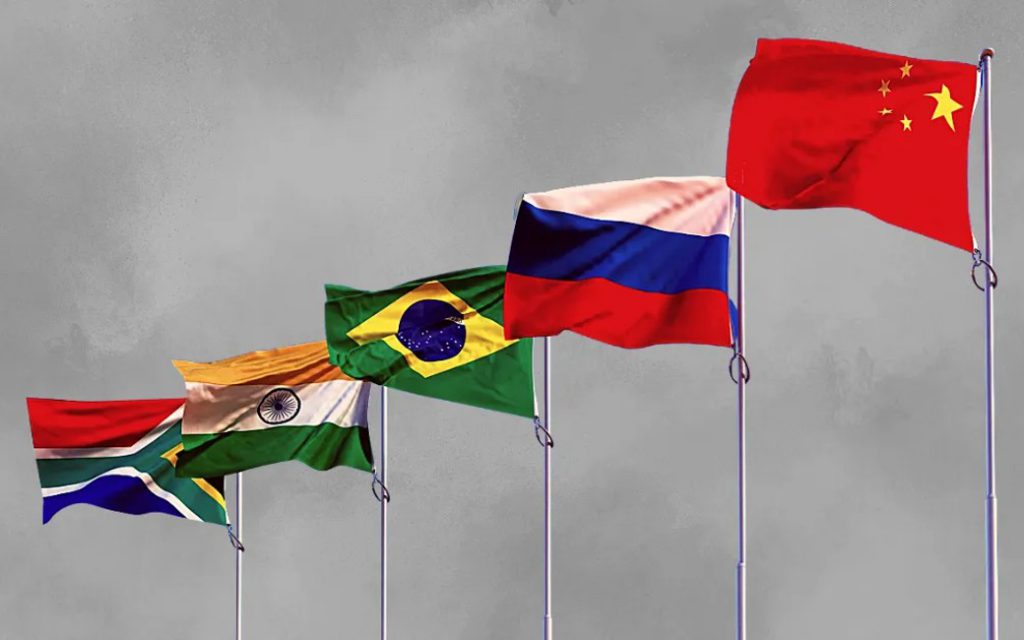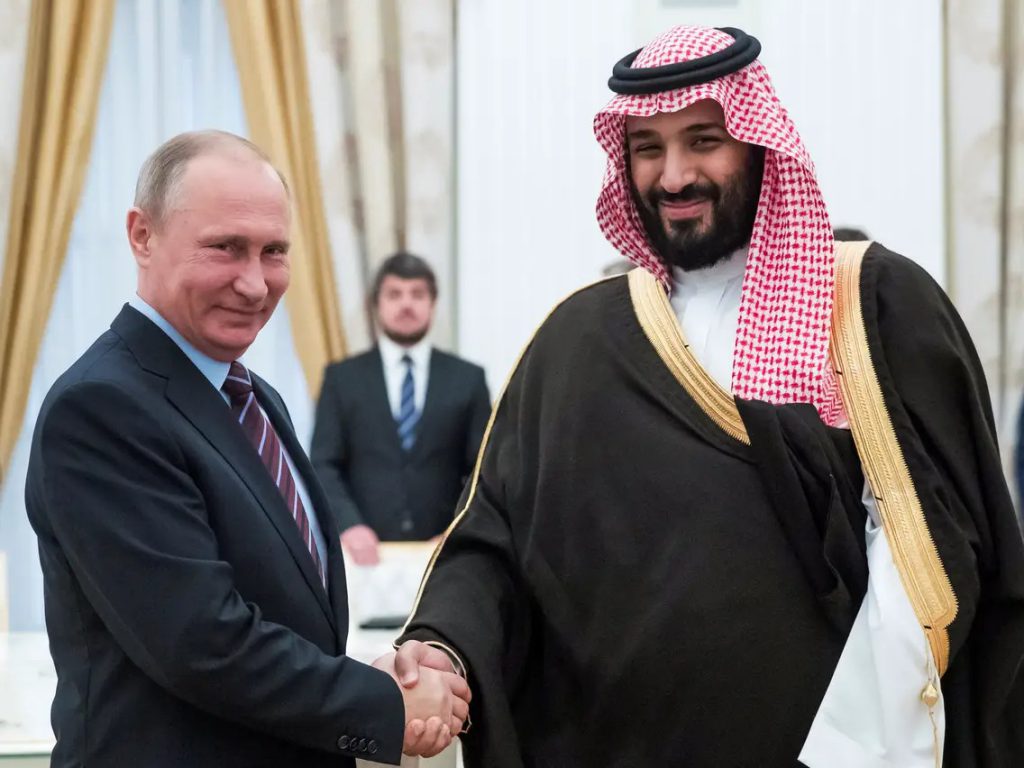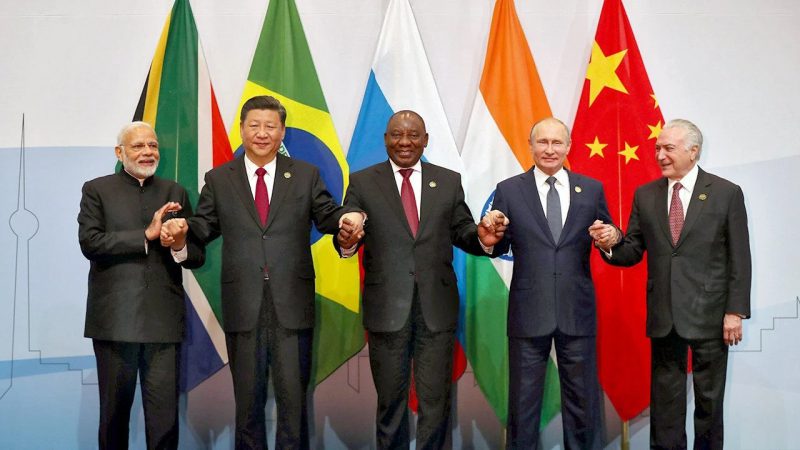The BRICS bloc invited six new nations to join BRICS+ at this past August’s Summit. The newest nations are Saudi Arabia, the United Arab Emirates (UAE), Egypt, Argentina, Iran, and Ethiopia. Together, the new BRICS nations transform the bloc to BRICS+, as well as support the group’s aim for de-dollarization.
Each of the new members will be inducted into the bloc on January 1, 2024. Here’s what each new BRICS nation has to say about de-dollarization.


Argentina
Argentina is still on the fence about accepting it’s BRICS invitation. However, it has shown its support for the bloc and de-dollarization in the past. Earlier this year, it negotiated terms with China to use the Chinese Yuan for trade, ditching the US Dollar. Outside of Brazil, the country was one of the first to take a step ahead towards abandoning USD.
Also Read: Argentina To Pay for Imports in Chinese Yuan, Ditching US Dollar
Iran
Iran is one of the leading exporters of oil in the world. They have been looking to challenge the US dollar for years, so joining BRICS gives the country more push towards doing so.
The Middle Eastern nation has been sanctioned for years and has had plenty of tensions with the West. Iran was also linked with Russia’s payment system, the System for Transfer of Financial Messages, back in May, according to Al Jazeera.
United Arab Emirates (UAE)


The UAE and India recently agreed on a 1 million barrel oil deal that was completely in Indian rupees. Specifically, 25kg of gold was exported from the UAE to India for 128.4 million rupees, equivalent to $1.54 million USD.
While the country hasn’t publicly commented on de-dollarization, recent actions have shown otherwise. In joining the Bloc, as well as trading in Rupees with India, the UAE shows that it wants to move away from reliance on Western partnerships.
Egypt
Since the start of US interest rate hikes in 2022, Egypt has suffered from a supply of the US dollar currency. As a result, it may start paying for commodities and exports in different currencies, ditching the US dollar altogether.
In April, Ali Moselhi, the Egyptian minister of supply and internal trade, said the country was “very, very, very strongly” considering paying for its commodity imports in non-dollar currencies. Moselhi said Egypt was discussing using the Chinese yuan, Indian rupee, or Russian ruble to pay for its imports. However, it began issuing Japanese yen-denominated bonds earlier this year.
Saudi Arabia
Like the UAE, Saudi Arabia is also looking to expand its options for trading currencies, being one of the top oil exporters in the world. The country already has an agreement in place with the US over using the US dollar in oil trade.


However, now being invited to BRICS, Saudi Arabia may start looking at other options to abandon the US Dollar and end reliance on the West. Mohammed Al-Jadaan, the kingdom’s finance minister, spoke to Bloomberg TV in January about using new currencies. “I don’t think we are waving away or ruling out any discussion that will help improve the trade around the world,” Al-Jadaan told the news outlet.
Saudi Arabia, like Argentina, has yet to accept the BRICS invitation.





